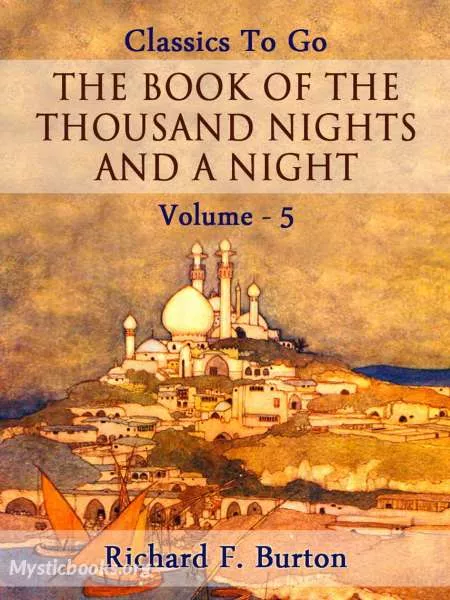
The Book of A Thousand Nights and a Night (Arabian Nights), Volume 05
'The Book of A Thousand Nights and a Night (Arabian Nights), Volume 05' Summary
The main frame story concerns Shahryār (Persian: شهريار, from Middle Persian: šahr-dār, 'holder of realm'), whom the narrator calls a "Sasanian king" ruling in "India and China." Shahryār is shocked to learn that his brother's wife is unfaithful. Discovering that his own wife's infidelity has been even more flagrant, he has her killed. In his bitterness and grief, he decides that all women are the same. Shahryār begins to marry a succession of virgins only to execute each one the next morning, before she has a chance to dishonour him.
Eventually the Vizier (Wazir), whose duty it is to provide them, cannot find any more virgins. Scheherazade (Persian: شهْرزاد, Shahrazād, from Middle Persian: شهر, čehr, 'lineage' + ازاد, āzād, 'noble'), the vizier's daughter, offers herself as the next bride and her father reluctantly agrees. On the night of their marriage, Scheherazade begins to tell the king a tale, but does not end it. The king, curious about how the story ends, is thus forced to postpone her execution in order to hear the conclusion. The next night, as soon as she finishes the tale, she begins another one, and the king, eager to hear the conclusion of that tale as well, postpones her execution once again. This goes on for one thousand and one nights, hence the name.
The tales vary widely: they include historical tales, love stories, tragedies, comedies, poems, burlesques, and various forms of erotica. Numerous stories depict jinn, ghouls, apes, sorcerers, magicians, and legendary places, which are often intermingled with real people and geography, not always rationally. Common protagonists include the historical Abbasid caliph Harun al-Rashid, his Grand Vizier, Jafar al-Barmaki, and the famous poet Abu Nuwas, despite the fact that these figures lived some 200 years after the fall of the Sassanid Empire, in which the frame tale of Scheherazade is set. Sometimes a character in Scheherazade's tale will begin telling other characters a story of his own, and that story may have another one told within it, resulting in a richly layered narrative texture.
Different versions differ, at least in detail, as to final endings (in some Scheherazade asks for a pardon, in some the king sees their children and decides not to execute his wife, in some other things happen that make the king distracted) but they all end with the king giving his wife a pardon and sparing her life.
The narrator's standards for what constitutes a cliffhanger seem broader than in modern literature. While in many cases a story is cut off with the hero in danger of losing their life or another kind of deep trouble, in some parts of the full text Scheherazade stops her narration in the middle of an exposition of abstract philosophical principles or complex points of Islamic philosophy, and in one case during a detailed description of human anatomy according to Galen—and in all of these cases she turns out to be justified in her belief that the king's curiosity about the sequel would buy her another day of life.
Book Details
Authors
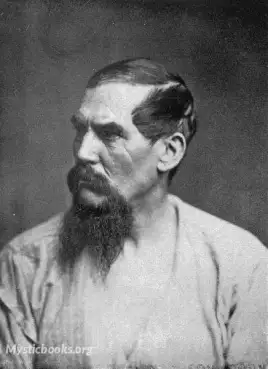
Richard Francis Burton
England
Sir Richard Francis Burton was a British explorer, scholar and soldier. He was famed for his travels and explorations in Asia, Africa, and the Americas, as well as his extraordinary knowledge of langu...
Books by Richard Francis BurtonDownload eBooks
Listen/Download Audiobook
- Select Speed
Related books
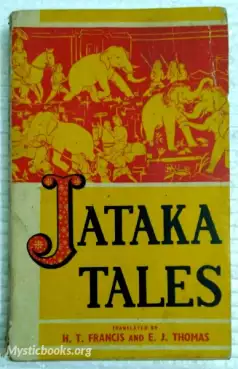
Jātaka Tales by H. T. Francis
Jātaka tales are ancient Indian folktales that form a part of Buddhist teaching, telling stories of the Buddha’s past lives. Akin to Aesop’s fables, s...

The Reverberator by Henry James
George Flack is the Paris correspondent for an American scandal sheet called The Reverberator. Francie Dosson, a pretty but not always tactful America...
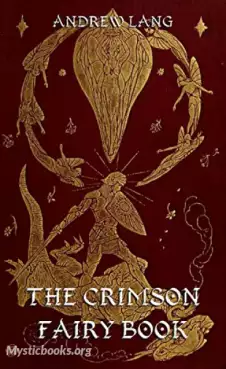
The Crimson Fairy Book by Andrew Lang
The Crimson Fairy Book contains thirty-six stories collected from around the world and edited by Andrew Lang. Many tales in this book are translated,...
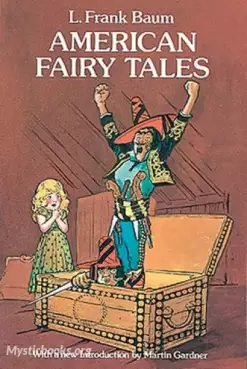
American Fairy Tales by L. Frank Baum
American Fairy Tales is the title of a collection of twelve fantasy stories by L. Frank Baum, published in 1901 by the George M. Hill Company, the fir...

Goodness of St. Rocque and Other Stories by Alice Dunbar Nelson
Goodness of St. Rocque and Other Stories by Alice Dunbar-Nelson is a poignant and insightful collection of stories that explores the complex social an...

More English Fairy Tales by Joseph Jacobs
Joseph Jacobs' "More English Fairy Tales" is a collection of traditional English folklore, bringing together a captivating selection of stories that e...

Kinder- und Hausmärchen (1812/15) Teil 3 by Jacob & Wilhelm Grimm
This volume presents a selection from the first edition of the famous collection of German folk tales, *Kinder- und Hausmärchen*, published in 1812/15...

Mopsa The Fairy by Jean Ingelow
Mopsa the Fairy, written in 1869 is one of her more enduring stories. It is a delightful fantasy about a young boy who discovers a nest of young fair...

Selection from Poems by Alexander Pushkin
This book is a selection of poems by Alexander Pushkin, one of the most important figures in Russian literature. Pushkin's poetry is known for its bea...

Paulicea Desvairada by Mário de Andrade
Paulicea Desvairada is a collection of poems by Mário de Andrade, considered a seminal work of Brazilian Modernism. Published in 1922, the book showc...
Reviews for The Book of A Thousand Nights and a Night (Arabian Nights), Volume 05
No reviews posted or approved, yet...